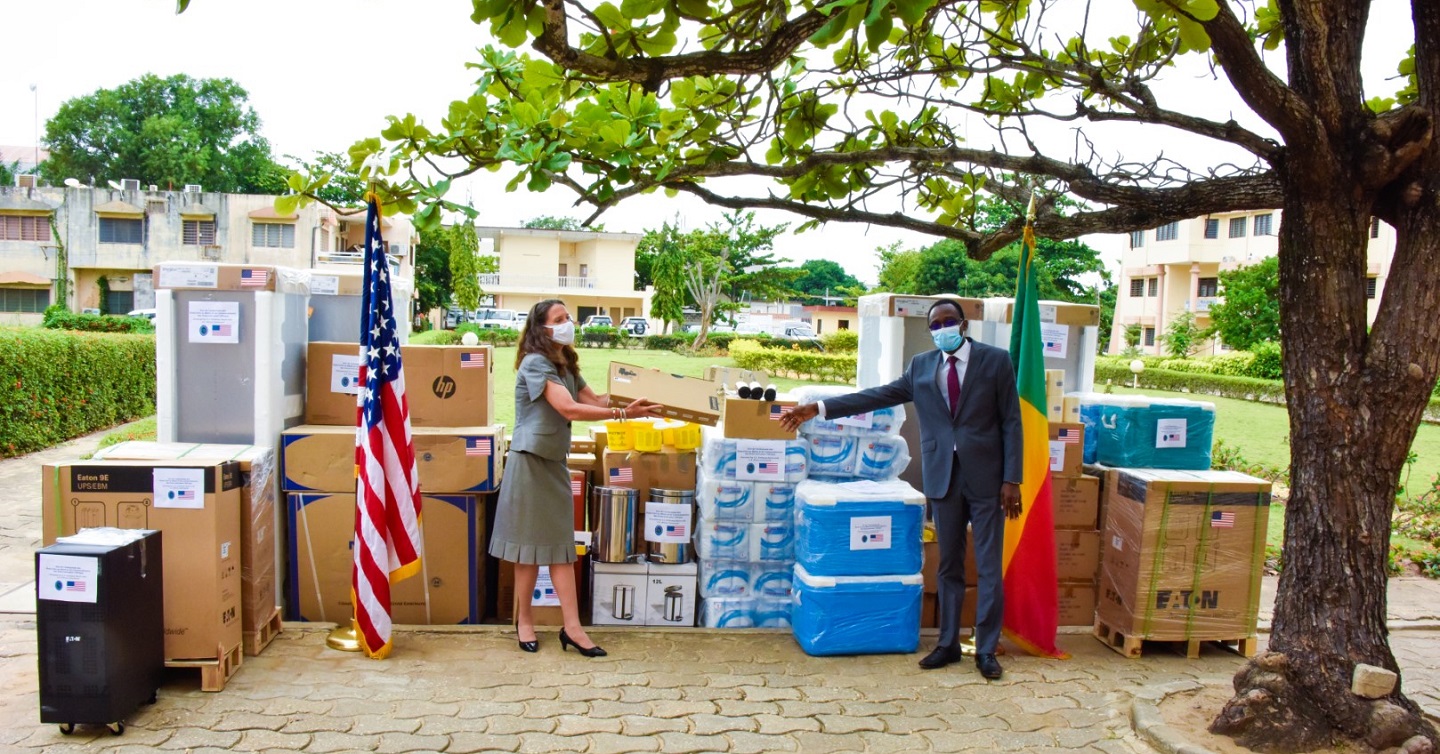EDITOR’S NOTE: This episode was recorded before the sudden fall of Afghanistan to Taliban forces, making some of the thoughts of women’s influence in the region and human security even more important to consider.
Regardless of whether conflict occurs between state or non-state actors, is conventional or irregular there is one constant: there is always a population of citizens that suffers in one way or another. Warfare often focuses on the enemy’s ability to fight, mobilize, resupply or defend. Sarah Petrin is in the virtual studio today and she wants to focus the discussion on Human Security. She joins our Editor-in-Chief Jacqueline Whitt to discuss the protection of civilians; women, peace and security; sexual exploitation and abuse; human rights; and peace operations. She wants to make sure these topics aren’t forgotten in the complex world of operations that the DoD must engage in. Her white paper Human Security in U.S. Military Operations: A Primer for DOD is the basis of the conversation.
I think that human security becomes more real when you apply it to a specific place and then you can see where you need to shift operations
Podcast: Download
Human Security in U.S. Military Operations: A Primer for DOD
Sarah Dawn Petrin is a former Peace Operations and Human Security Analyst at the U.S. Army Peacekeeping and Stability Operations Institute. She has advised the U.S. military and NATO on developing strategy, policy, and doctrine for the Protection of Civilians and Women, Peace, and Security. She has twenty years of operational experience in conflict zones in Africa, Asia, Eastern Europe, and the Middle East. Her first book, BRING RAIN: Helping Humanity in Crisis, was released in March 2021.
Jacqueline E. Whitt is an Associate Professor of Strategy at the U.S. Army War College and the Editor-in-Chief of WAR ROOM.
The views expressed in this presentation are those of the speakers and do not necessarily reflect those of the U.S. Army War College, U.S. Army, or Department of Defense.
Photo Description: The United States government, through U.S. Africa Command (AFRICOM), is proud to contribute $60,000 in equipment and supplies to support the Ministry of Health’s efforts to expand Beninese COVID-19 testing capacity by establishing diagnostic laboratories in Kandi and Lokossa.
This assistance is in addition to the $4.5 million that the United States government, through USAID, contributed in April to limit the spread of COVID-19 in Benin.
Photo Credit: Courtesy of the U.S. Embassy in Benin

